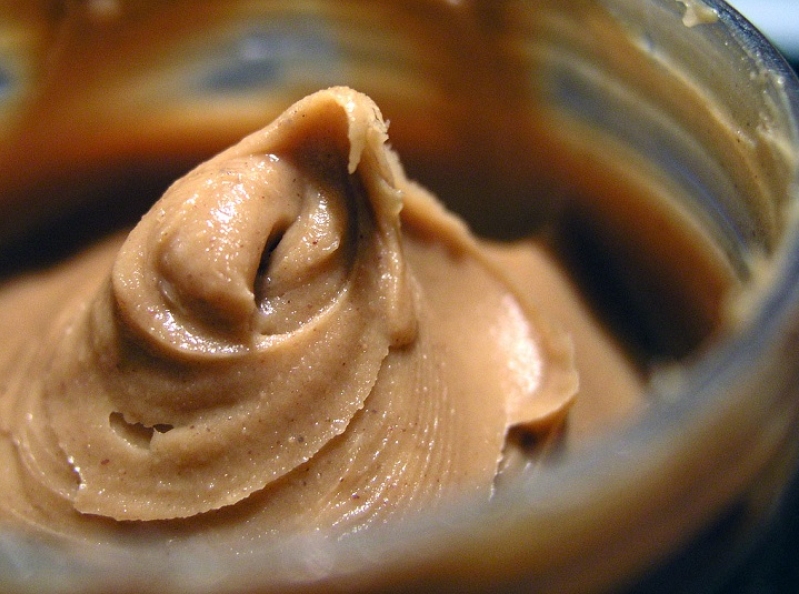
Letting babies eat eggs and peanuts in early infancy will help prevent them from developing an allergy to these foods, according to British scientists.
The study, conducted by researchers from Imperial College London and commissioned by the UK Food Standards Agency, found that introducing eggs and peanuts early to babies lowers their risk of developing egg or peanut allergy.
This finding is the opposite of what experts recommended more than a decade ago, when babies, especially those coming from families with a history of allergies, were told to be kept away from potential allergens. This approach seemed to have backfired as the prevalence of food allergy among children almost doubled many years later.
"The number of children diagnosed with food allergies is thought to be on the rise," study co-author Vanessa Garcia-Larsen said in a press release. "There are indications that food allergies in children have become much more common over the last 30 years. The number of patients coming into our clinics has increased year-on-year, and allergy clinics across the country have seen the same pattern."
In the present study, researchers analyzed data from more than 140 studies involving more than 200,000 kids. The studies mostly tackled the effect of giving babies foods that commonly cause allergies.
"This new analysis pools all existing data, and suggests introducing egg and peanut at an early age may prevent the development of egg and peanut allergy, the two most common childhood food allergies,” lead researcher Robert Boyle said.
The research team found that babies fed with egg at four to six months of age were 40 percent less likely to develop egg allergy compared to kids who ate eggs at an older age. Additionally, babies fed with peanut at four to 11 months of age were 70 percent less likely to develop peanut allergy compared to children who ate eggs later in life.
The study was published in the Journal of the American Medical Association.
“Until now we have not been advising parents to give these foods to young babies, and have even advised parents to delay giving allergenic foods such as egg, peanut, fish and wheat to their infant,” Boyle said.
The research team also tested other allergenic foods like milk, fish, wheat and tree nuts. However, they were not able to find evidence to show that early introduction of these foods lowers a child’s risk of developing allergy.
The authors noted that their results were based on an analysis of a small number of studies. Boyle warned that their results did not evaluate the safety of early introduction of these foods, and they did not determine how many of the babies displayed allergic reaction.
He also emphasized that parents should not practice early introduction of egg and peanut to infants who already developed food allergy or those with allergic conditions.
Boyle reminded parents not to give whole nuts to babies to avoid choking. The best way to introduce peanuts to them, he said, is by giving it as smooth peanut butter.





![[Exclusive Interview] A revelation within the brink of life and death — Meg Leung’s mission in Christian art](https://www.gospelherald.com/media/cache/thumbnail/7/21/72163sp_273w_150h_1x_1y.jpg)

